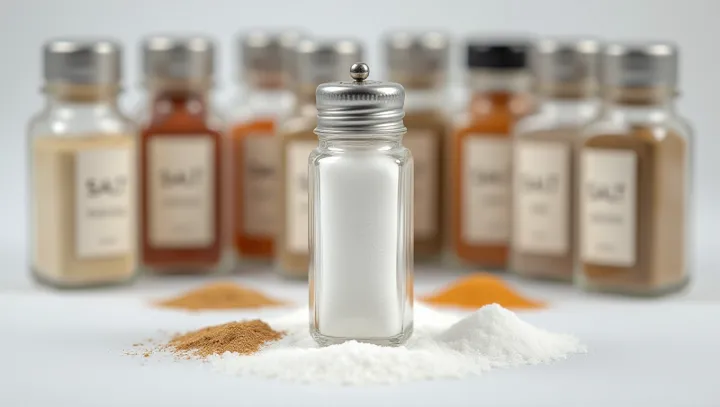Reducing Sodium Intake: Vital for Hypertension Control

In recent discussions held in Washington D.C., medical experts have reiterated the vital importance of adhering to a low-salt diet for individuals diagnosed with hypertension. This initiative is part of a broader effort to curb the increasing prevalence of cardiovascular diseases. Hypertension, a global health concern, has prompted researchers to explore various dietary modifications.
A low-salt diet stands at the forefront, as excessive salt consumption is directly linked to elevated blood pressure levels. Experts from the National Heart, Lung, and Blood Institute highlight that reducing sodium intake can significantly lower blood pressure and reduce health risks. Seasoning plays a crucial role in our daily lives, influencing both taste and health outcomes.
The American Heart Association advises patients with hypertension to focus on alternative seasonings, such as herbs and spices, to enhance food flavor while minimizing salt usage. This adjustment not only benefits blood pressure management but also promotes overall heart health. Research studies have consistently demonstrated that a high-salt diet contributes to the pathogenesis of hypertension.
A pivotal study conducted at the Johns Hopkins University School of Medicine confirmed that participants who reduced salt intake experienced measurable improvements in blood pressure levels. These findings underscore the need for public health campaigns and patient education targeting salt reduction strategies. As dietary habits continue to evolve, the need for such scientific insights becomes imperative.
Prominent nutritionists emphasize that understanding and implementing a low-salt diet can empower patients to take control of their health. Community awareness and education initiatives are crucial in advancing these health messages to improve patient outcomes worldwide.
